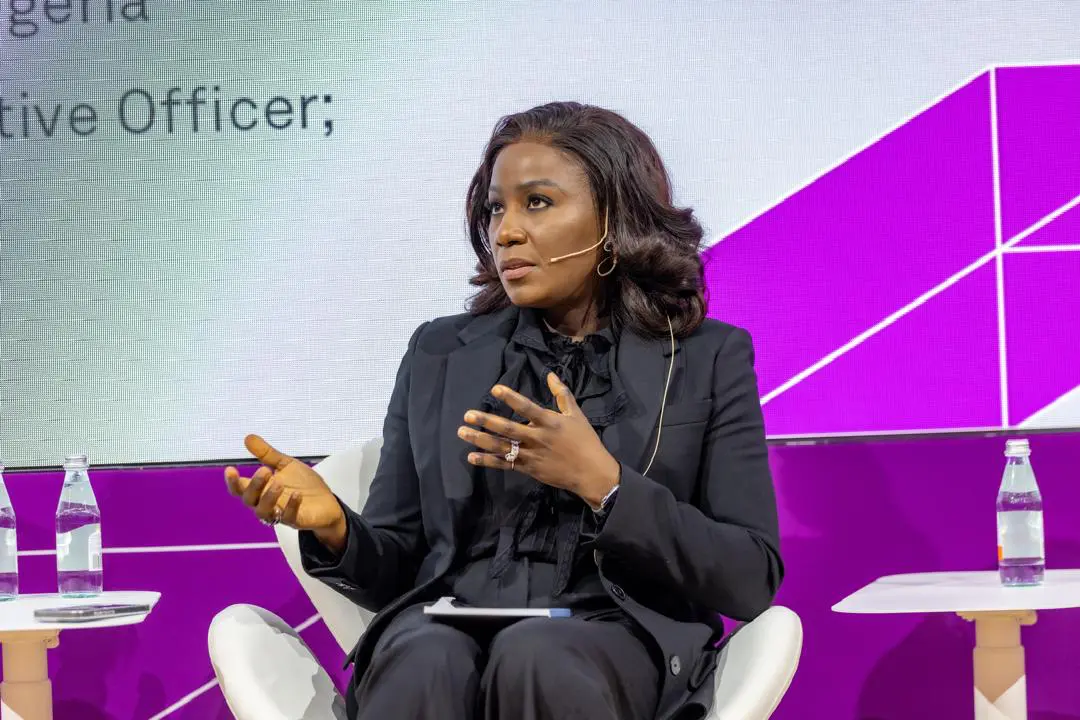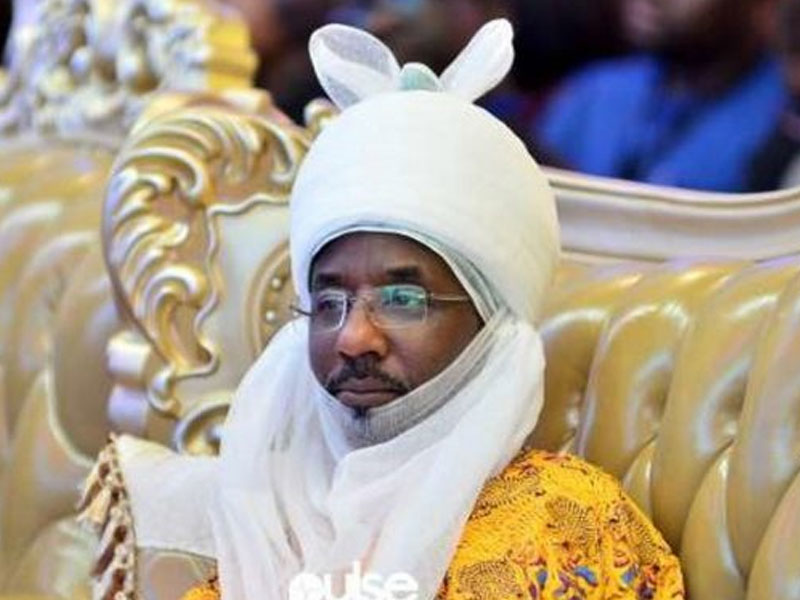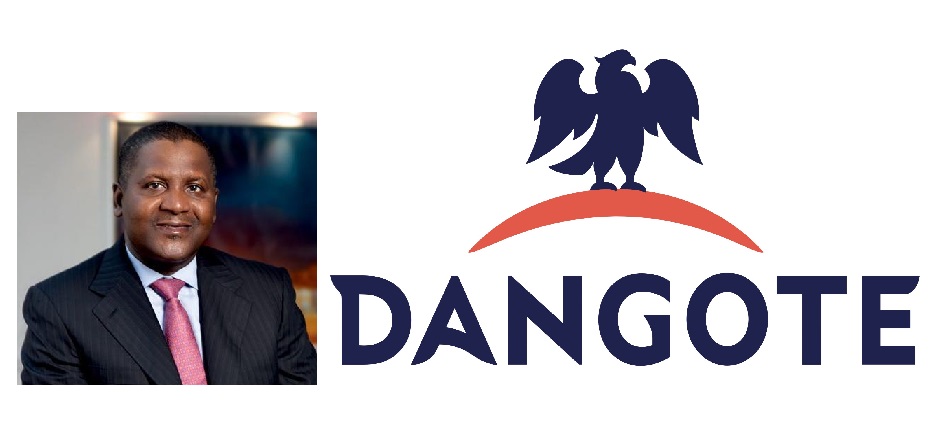“Olu Verheijen Reaffirms Commitment to Energy Transition and Economic Growth at CERAWeek”
At the prestigious CERAWeek by S&P Global in Houston, Texas, Olu Verheijen, Special Adviser to President Bola Ahmed Tinubu on Energy, emphasized that Africa’s oil and gas investments will not significantly contribute to global emissions. Speaking during a panel discussion chaired by Vera Blei, Head of Market Report & Trading Solutions at S&P Global, Verheijen highlighted Africa’s minimal role in global greenhouse gas emissions and Nigeria’s commitment to a just energy transition.
Subheading:
“Africa’s Emissions: A Drop in the Ocean”
Verheijen pointed out that Africa and other low-income nations contribute only 3–4% of global greenhouse gas emissions, a stark contrast to China and the United States, which collectively account for nearly 40%. “Even if Africa achieves exponential economic growth and reaches middle-income status, it will still not be a major contributor to global emissions,” she stated.
She stressed that the bulk of emission reductions must come from developed nations, which need to diversify their energy sources and invest in carbon removal technologies.
“Nigeria’s ‘Decade of Gas’ Initiative”
As part of Nigeria’s “Decade of Gas” initiative, the government is positioning natural gas as a transitional fuel to drive economic growth while reducing carbon emissions. Verheijen reiterated Nigeria’s commitment to creating a stable and attractive investment climate through clear and transparent policies.
“We are ensuring that we create an enabling environment for investments. On climate change, we recognize the importance of risk perception in our markets and are committed to transparent policies that stand the test of time,” she said.”Regional Integration and Data-Driven Policies”
Verheijen also emphasized the importance of regional economic integration to enhance market efficiency and attract investment. “We need to strengthen economic integration across African nations to create a larger, more attractive market for investment. By pooling resources, integrating markets, and leveraging collaboration, we can drive sustainable development,” she explained.
She highlighted the critical role of data collection and analysis in shaping policies that align with sustainable growth. “Sound policies must be informed by accurate data to ensure they promote adaptability and sustainability,” she added.”Balancing Energy Needs and Climate Goals”
Verheijen called for a balanced approach that allows developing economies to harness their natural resources for economic prosperity while implementing climate solutions. “Developing nations must be allowed to use their resources to address energy poverty and drive economic growth, even as they adopt climate-friendly practices,” she said.
Through strategic investments and policy reforms, Nigeria and the broader African continent aim to tackle energy poverty, attract critical investments, and contribute to global climate goals without compromising their development aspirations.
















Got a Questions?
Find us on Socials or Contact us and we’ll get back to you as soon as possible.